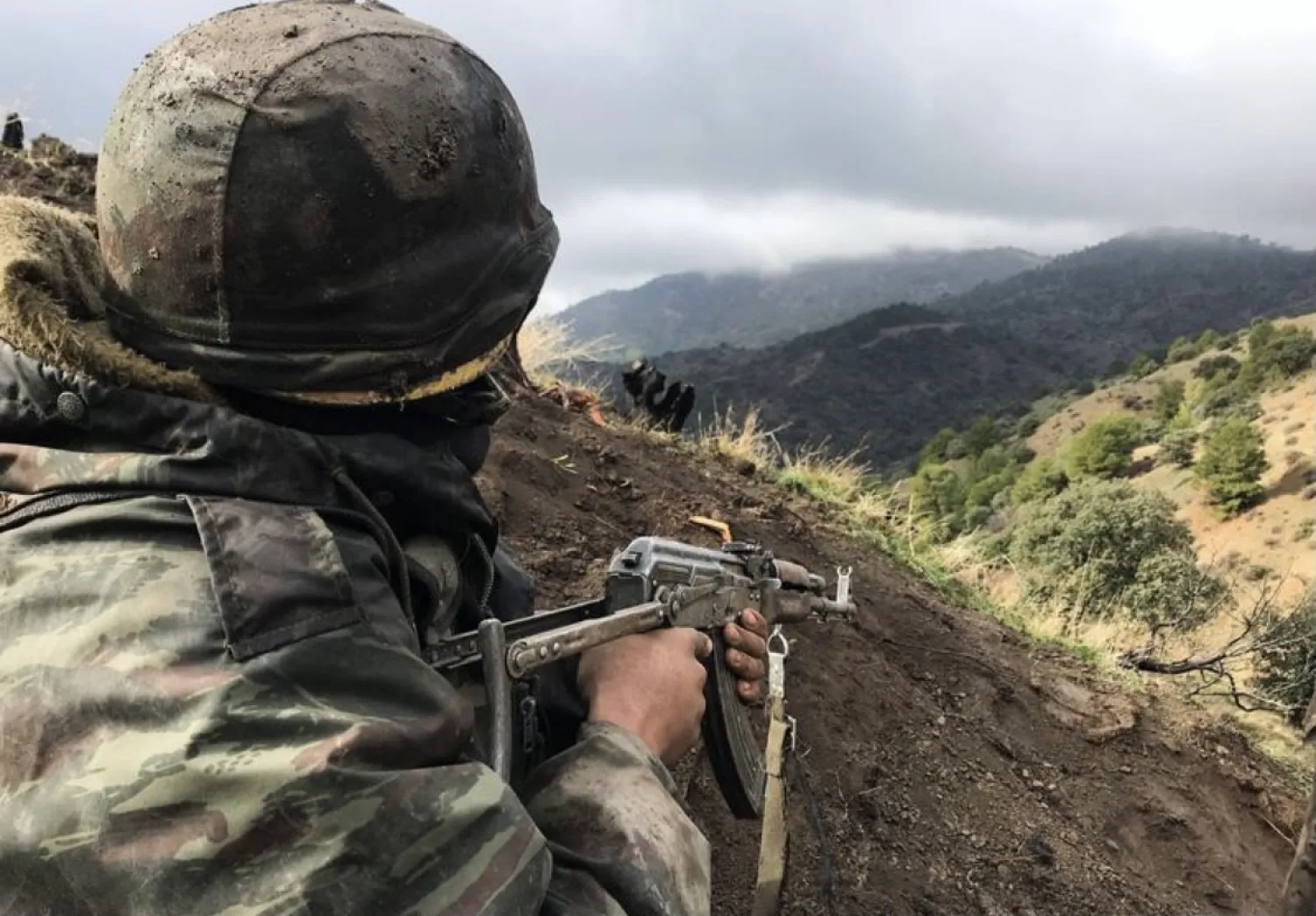Two soldiers were killed and another injured in an explosion south of the Algerian capital.
In a statement, the Ministry of Defense said that an army patrol was on an inspection mission in Tachta in Ain Defla when a bomb exploded, killing two retired soldiers.
The statement confirmed that a third soldier sustained minor injuries.
Tachta has been one of the major terrorist strongholds in the country since its outbreak in the early nineties.
The statement highlighted that the army continues exerting efforts in combating terrorism, with complete determination to target the remnants of the terrorists and eliminate them wherever they are found across the entire national territory.
In another statement, the Ministry of Defense stated that a terrorist named Barbouchi Saidou, often referred to as Abdulaziz, surrendered to the military authorities at Baji Mukhtar tower in the sixth military.
Saidou was in carrying a submachine gun and ammunition.
The statement pointed out that he joined extremist groups in the African coast of Mali in 2014, noting that Barbouchi's cessation of terrorist activity reflects the determination and vigilance of the People's National Army in combating terrorism and all forms of crime, as well as the tireless efforts of the armed forces to establish security and stability across the entire national territory.









